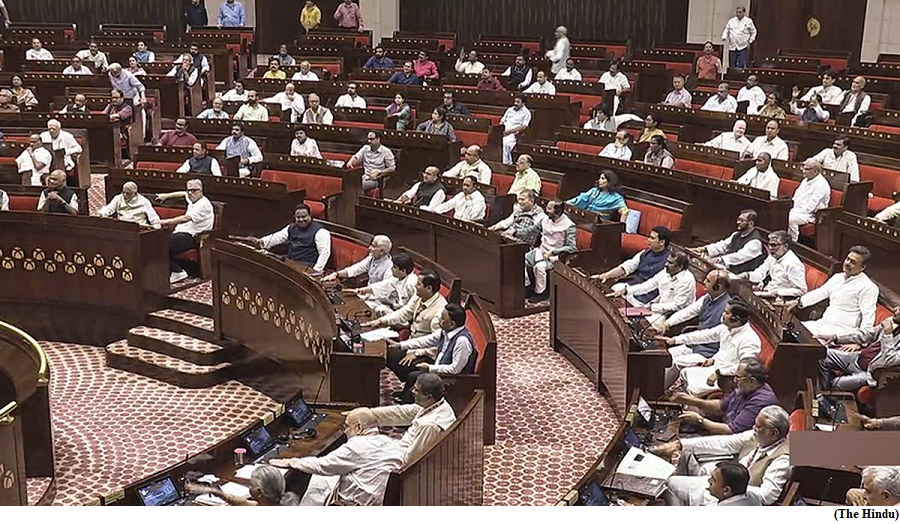
Whatsapp 93125-11015 For Details


Context:
Reservation for women:
Delimitation exercise:
Contingency clause:
Societal approach:
Unpaid labour:
Urimai Thogai scheme:
Substantive justice:
Way Forward: